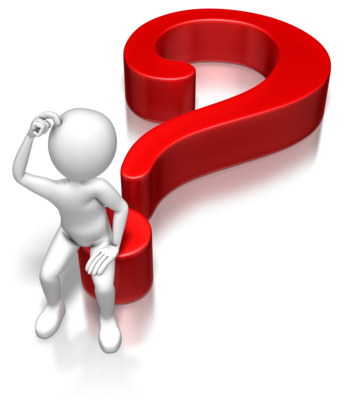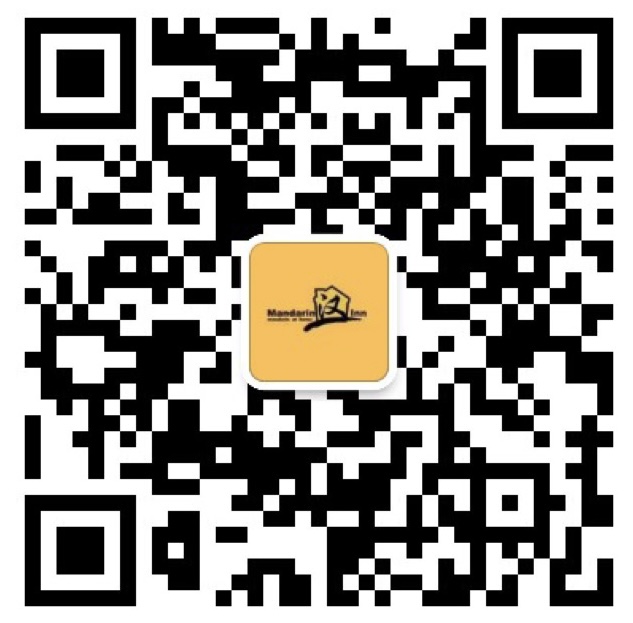
When I was trying to speak English for the first time in primary school, I stumbled over the first sentence. I was trying to say: “There is a girl”, but I stopped at “There is a……”. I didn’t really understand what was going on in my mind at the time. After so many years of English language training, now, I know. As a Chinese English-language-learner, I was trying to find a measure word subconsciously. Few English nouns require measure words, and literally every Mandarin noun needs a measure word. The convention is that every Chinese noun should be matched up with a specific measure word, and this convention causes many Mandarin-learners to stumble through their learning the same way I did in primary school.
The rules for measure words in Mandarin are pretty simple. Follow along for my complete guide to the 10 most used Chinese measure words.
“Measure word” defined:
Measure words have nothing to do with Math, they can instead, more accurately be called classifiers, or words that precede a noun and specify the type of noun. They suggest whether the noun is about an animal, an object, a person or a metaphysical concept. For this reason, specific nouns in Mandarin require specific measure words.

One major rule for choosing a “Measure word”:
When you’re pairing up measure words and nouns, remember to picture the things you’re saying and feel the words with your whole heart. Yes, I realize this is quite subjective. It gets easier once you’ve learned a few – keep reading!

Check out 10 most frequently-used measure words!
1. 个 (gè)
If you’re a Mandarin beginner and know nothing about measure words in Mandarin, this is the life-saver for you. Grammatically, it should be used for people or individual things. However, using this classifier for any noun is generally acceptable. You can basically match it with anything: 一个女孩(yī gè nǚ hái)(a girl), 一个名字(yī gè míng zì)(a name), 一个房子(yī gè fáng zǐ)(a house), 一个水杯(yī gè shuǐ bēi)(a cup), etc.
2. 只 (zhī)
This measure word is used for small animals or one of two pairs. Here are some examples: 一只狗(yī zhī gǒu)(a dog), 一只脚(yī zhī jiǎo)(a foot), 一只猫(yī zhī māo)(a cat).
3. 条 (tiáo)
This classifier can be used for long, narrow and flexible things or animals. Here are some examples: 一条皮带(yī tiáo pí dài)(a belt), 一条绳子(yī tiáo shéng zǐ)(a rope), 一条蛇(yī tiáo shé)(a snake).
4. 双 (shuāng)
“Pair” is a typical English measure word. In Mandarin, we also have a measure word for “pair”, which is 双 (shuāng). Check these examples: 一双鞋(yī shuāng xié)(a pair of shoes), 一双筷子(yī shuāng kuài zǐ)(a pair of chopsticks).
*Note: We don’t use 双 (shuāng) for a pair of pants; instead, we use 条 (tiáo). One reason is that pants are long, narrow and skinny. More importantly, a pair of pants are not two separated things. 双 (shuāng) are usually used for a pair of two separated things.
5. 头 (tóu)
This character means “head”. When it is used as a measure word, it is usually used when referring to a herd of large animals (只 zhī in #2 is for normal to small sized animals). Here are some examples: 一头牛(yī tóu niú)(a cow), 一头象(yī tóu xiàng)(an elephant).
6. 件 (jiàn)
This measure word is used in several ways: you can pair it up with clothing, gifts, things or problems. Some examples are: 一件礼物(yī jiàn lǐ wù)(a gift), 这件衣服(zhè jiàn yī fú)(this shirt), 一件事情(yī jiàn shì qíng)(a thing).
7. 次 (cì)
次 (cì) means “time”. You can match it up with opportunities and accidents, etc. Here are some examples: 一次(yī cì)(once), 两次(liǎng cì)(two times), 三次(sān cì)(three times).
8. 点 (diǎn)
You can use this measure word with ideas and suggestions. It also means “a bit” in some contexts. These are some examples: 吃一点(chī yī diǎn)(eat a bit), 一点想法(yī diǎn xiǎng fǎ)(some ideas).
9. 些 (xiē)
些 (xiē) means “some” in Mandarin. You can use it with any plural nouns. Check these examples: 一些水果(yī xiē shuǐ guǒ)(some fruits), 一些动物(yī xiē dòng wù)(some animals), 一些房子(yī xiē fáng zǐ)(some houses).
10. 位 (wèi)
This measure word is a polite way of referring to people. You can say: 一位先生(yī wèi xiān shēng)(a gentleman), or 一位女士(yī wèi nǚ shì)(a lady).
Rules aside, here’s a couple measure words in practice from a pet-lover, that’s me!
Cats: I usually say 一条猫(yī tiáo māo)(a long string of cat), because cats are soft and long. This phrase also makes people imagine a surprisingly long cat.

“A long string of cat” (pic from internet)
Dogs: When I describe a fierce and huge dog, I would say 一头狗(yī tóu gǒu)(a “head” of dog) to stress the size of the dog.
*HSK warning
Don’t use these expressions in you HSK exams (because they’re grammatically incorrect!) All that to say, you can definitely play with measure words in your daily conversations and make some good jokes!
My most important tip for using measure words
See, measure words are not about numbers! Measure words are heavily related to the shape and nature of the things we are describing. I’ll leave you with one last lesson for using measure words: be creative and don’t be confined to grammar rules! After all, language is about communication and for that we need to be creative. It is so much more than rules.

About the blogger:
Sharon Wang is attending Reed college in Portland, OR. Shanghainese born and raised, she’s returned home for the summer to blog, take over our Instagram and to learn about running a Mandarin school. She’s passionate about math and marketing and is exploring ways to improve our marketing activities with math. If you see her around Mandarin Inn, ask where to eat nearby – she’s a total foodie.

